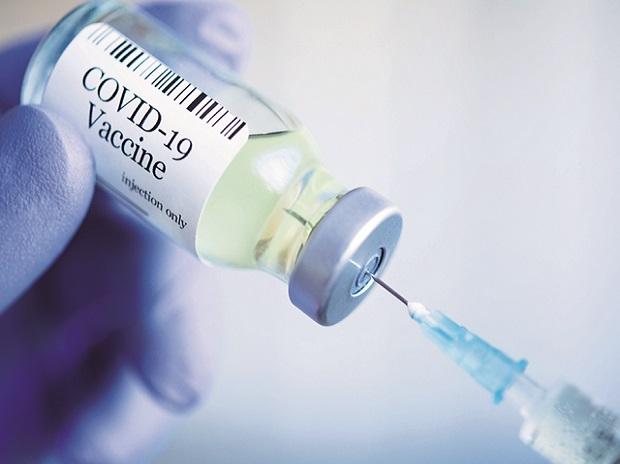India is witnessing the second wave of the COVID-19. The daily count of COVID infections has ballooned to over 53,000 — the highest in past four months even as the rate of recoveries has come down. Left with no better options to stem the surge, worst-hit states such as Maharashtra, Punjab and Kerala have started re-imposing lockdowns. In our state also, night curfews have been imposed in some districts. The Malkangiri district administration re-imposed night curfew Tuesday, while the government Wednesday decided to re-impose night curfew in Nabarangpur district from March 25. More districts could be in the pipeline. Chief Minister Naveen Patnaik Tuesday said if cluster cases are reported, the government will not be averse to enforcing lockdowns in the affected regions. However, up till now the government is not keen to go for the jugular. The efficacy of such steps, however, remains questionable. As the lockdowns were in operation last year, there was a steady rise in the number of COVID-19 cases. The nationwide lockdowns last year had doomed the economy, leading to millions of people losing their livelihood. The economy which slipped to recession is still struggling to claw back to its pre-COVID level. There are many sectors like real estate which are still in the doldrums. If situations worsen from here on, God forbid, the government may have few options but to declare another nationwide lockdown.
The Centre Tuesday decided to allow all people above 45 years of age to be vaccinated against the coronavirus regardless of comorbidities. People in this category will no longer need medical certificates to get jabs. This decision, which should have come much earlier, has enthused sections of population. Hopes have brightened that these people, all of whom are in the working class category, can no longer wait to get anti-COVID shots. Massive restrictions imposed by the government have slowed down the vaccination programme. Had it been otherwise, we might have avoided a second wave of the pandemic. The vaccination programme in the country has been defective from the word go. First, the decision to restrict vaccinations to government hospitals only was a strategic mistake. This unnecessarily slowed down the pace of vaccination. Keeping the private sector hospitals from the vaccination programme killed the precious little time that could have staved off the second wave of the virus. Considering their state-of-the-art infrastructure and workforce, private hospitals would have certainly vaccinated more people in proportion to their number. But it was not to be. By the time the government decided to include the private hospitals, precious time was lost. The latest decision to allow people above 45 years may not be an optimum decision considering the fast spread of the virus. When you have adequate stocks of vaccines and you have roped in private players for vaccination, then why restrict the programme to 45 and above only.
Why not include the younger lot as well. At least all people between 20 and 60 years of age — the core working class – should be allowed to take shots so that they could contribute to economic recovery with no fear of getting infected. These people are exposed to the outside world as they come out to work. Including the younger lot will be an effective way to limit the damage caused by the second wave. The Centre should also put a ban on exports of vaccines to other countries. The other day, the Prime Minister took pride in the fact that India is sending its vaccines to 70 plus countries. While we do not deny the international obligations of the government during a global pandemic, people back home should have the priority.

